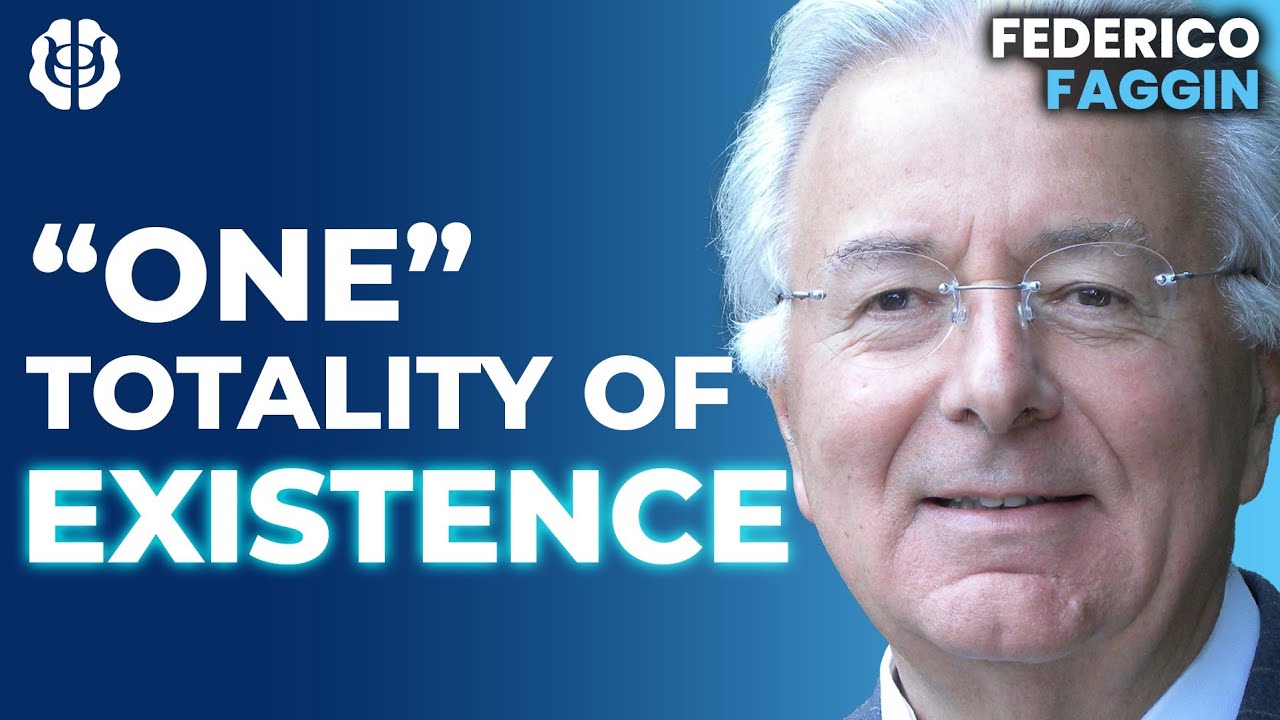I’m not sure what a soft determinist is (or a hard one). I’d like to move away from the complicated, highly charged abortion issue to a simpler one, where people generally agree on the morality involved. I don’t think abortion is a good issue in relation to responsibility and determinism because there are so many issues that will get brought up in practice around it.
The issue I will present is someoner runs up to me on the street and hits me with a hammer. This is someone I do not know and I haven’t done anything to this person. Would I hold them responsible if I believed in any form of determinism, soft or hard? Yes.
The circumstances of their life might shift the degree of my emotional reactions to them, but I would still hold them responsible. What does this mean? I would call the police, knowing full well, that this person might end up in prison or potentially some kind of forced psychiatric care. Yes, that was an inevitable act on his part, but he did it. He is the person who does this kind of thing. If someone had his wife at gunpoint and said hit that guy with a hammer, then he isn’t really a guy who runs up to strangers and hits them with a hammer. It took a very specific chain of causes to lead him to this act, ones that society can consider very unlikely to occur again, and in any case any measures taken to prevent such repeated situations are better aimed at other people and not this guy.
He is, it seems, a person who can do this. I will feel those feelings I feel when I hold someone responsible for someone and I see no reason to try to stop having those feelings if I am convinced completely it is a fully determined universe. Heck, my feelings are also caused. I also see no reason to not treat him as responsible for the act. I could hold the universe responsible, but that gives me no practical reaction. Holding this man responsible leads to measures being taken that hopefully will prevent or minimize the changes of it happening again AND will also be cause possibly preventing other hammar wielders.
Oh, they put people in prison for attackinig people with hammers, I am going to try not to do that, even though I feel a strong urge. Holding the individual responsible sets in motion consequences that in turn become causes that may prevent other people from doing that or something similar.
The specific measures taken due to my holding someone responsible are certainly up for debate: psychiatric care, me yelling at them until they (possibly) feel shame, prison, probation, counseling, attending AA or NA (if addiction was a factor) and so on. But I want some kind of measures taken and I want those measures first of all aimed at that man.
Of course other factors are at play and if determinism is the case, I think I might focus even more on societal causes. For example, if he was bullied in school horrendously for a decade and no one did much about this, I would also hold the school system, either part of it or the system itself, responsible. So, responsibility gets spread around, perhaps to some degree more if one is a determinist. But one does not need to choose between. And, of course, the school system had to be the way it was, in terms of determined outcomes. I could try to hold the Big Bang responsible and try to hit it with a hammer, but this 1) I can’t do 2) doesn’t in any way help prevent future violence and 3) need not rule out holding this guy responsible.
If it turns out he is psychotic, my reactions will be affected, and if meds or therapy can eliminate the problem, then in a sense I would no longer hold him responsible, once that first holding him responsible led to him getting the care he needed. I’m certainly not going to suggest anti-psychotic meds get put in our water supply. No I will be viewing him as the problem until he is not.
Do you hold people responsible for their actions? How would this change if you were sure determinism was the case or you were sure free will was the case? Would you, for example, hold objectivists less responsible if things are completely determined, and how would this play out? In other words, not just the thoughts in your head, but how would your thoughts affect things on a practical level?
You could also use the hammer incident example? There’s free will and you know it OR there’s determinism and you know it. What practical differences would you want there to be in relation to the hammer wielder? Would you hold him responsible in one universe where you know it is determined and another where you know there is free will? And if the answer is different - for example, you would hold him resonsible in the free will world but not in the other, what actual differences would this thought lead to?
